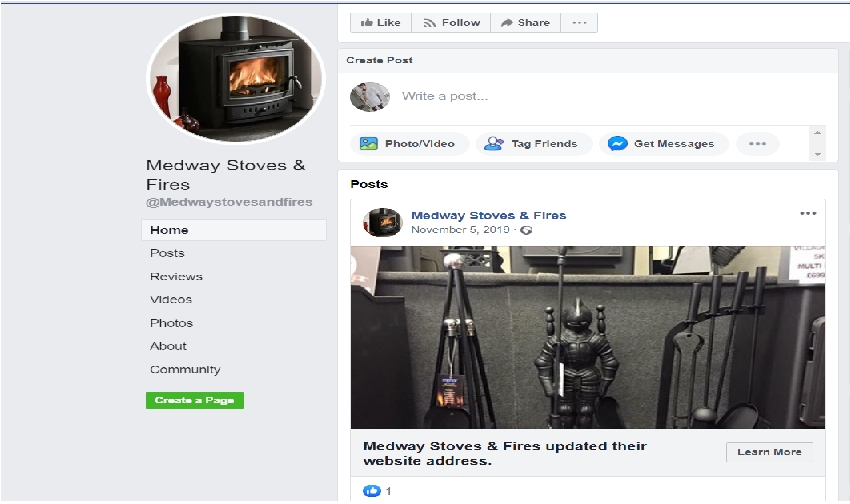How our self-employed workers are coping during lockdown
The impact of the coronavirus is something that we as a country have felt at all levels. There have been massive changes to our daily lives from something as simple as the way that we shop, all the way to our livelihoods, particularly in the ways of work. Arguably one group that has been affected by this rapid change the most is those who are self-employed. With changes to social and every day life occurring on an almost daily basis, and massive alterations to the world of employment, the self-employed have been hit very hard. So just how are they coping and where do the main issues lie? These are their stories.
Simon Lynch is an electrical supervisor working in construction and talks about the impact that the lockdown has had on himself and his colleagues:
“This is my fifth week off work since the site closed down, we were only told the day before that the site was shutting. It was obvious that it was going to happen, it was just a case of when. At the moment, there is no firm date to return to work, but there is speculation the site will open in a couple of weeks. I have always been fairly good at saving, so the lack of income for the last few weeks hasn’t been too hard, but I know plenty of self employed subcontractors that would really struggle without wages coming in for more than a week.

As for the government assistance for the self employed, I understand that it takes a huge amount of time and effort to put a system in place for the five million self employed. I’m still not clear on the full details of the scheme yet, but having been self employed for a good few years I will be eligible. I do work with people that have only been self employed for a few months and as such, do not meet the criteria for the scheme, and are just in a bit of a no-man’s land with it all.
We have managed to take a three month mortgage holiday, and this helps hugely. Plenty of people who rent do not have this luxury and will struggle to make ends meet with no income and rent to pay.”
Rishi Sunak announces Self-Employment support scheme (Video courtesy of the Guardian)
Katie James is a student who also carried out self-employed work as a nanny whilst studying and talks about the challenges that she has faced as both a student and someone who is self employed during these difficult times:
“My biggest struggle has been having to keep up with rent payments for a place I’m not currently living in and also with me not being able to be furloughed it means that my expected funds for my masters degree is a lot lower than I expected. On average I was earning between £200-£300 a month which isn’t a lot, but it gave me security when it came to bills and allowed me to save £100 each month for my Masters year. But now I am only being paid £80 a week, a loss of £28 each week, on the basis that my contract is ‘on pause’.

“For me I had no idea that I wasn’t employed by the agency- but instead employed by my family. There has been a few disputes where my recruitment agency has stated that only people earning £118 a week and over are ‘allowed’ to be furloughed. I earned £108, £10 under that limit.
“Also the agency itself is under ‘recruitment’ meaning that they handle my payroll but aren’t my employers. But the family are my employers but obviously do not handle my payroll- meaning I have no actual way of being furloughed under anyone.”
Ryan Bell is a self-employed chimney sweep and discusses how the new regulations have impacted his work, and the impact this has had on his mental health:
“Obviously, the initial biggest struggle of the impact of the Covid-19 crisis has been the financial difficulties. As a self-employed chimney sweep, social distancing measures have meant that my daily work load has ceased to exist at this point. Although people are often happy for me to work on the exterior of their homes, a lot of my work involves being inside of a person’s home so the social distancing measures have resulted in many people not wanting tradesmen or workers in their homes at all, of course, rightly so.

“There has been mental impact too however, rather obviously not being able to see family and friends when so many of us are used to doing so on a daily basis. The worry of simply getting essentials from supermarkets also takes its toll, and requires total mental recalibration.
“I have been very pleased with the way this crisis has been dealt with. As a self-employed person, it is well known that we should have money saved for 2-3 months out of work if required, which is of course easier said than done, however most small businesses and self-employed people I have had conversations with generally have some – if not all – of the savings that they require for a short time out of work. The 80% up to £2500 per month, is very supportive, and should see most people through the worst of it.
“This was always going to be a testing time for many, but I believe the government has done what they can to safeguard the public, and the economy in equal measure. The push to protect the NHS has saved thousands of lives, and thank you to all NHS staff and front line workers.”

These times are uncertain for everyone, but help is available for those who are in this challenging position. If you are self-employed and are in need of assistance, guidance can be found here on how to apply the recently established support scheme.
